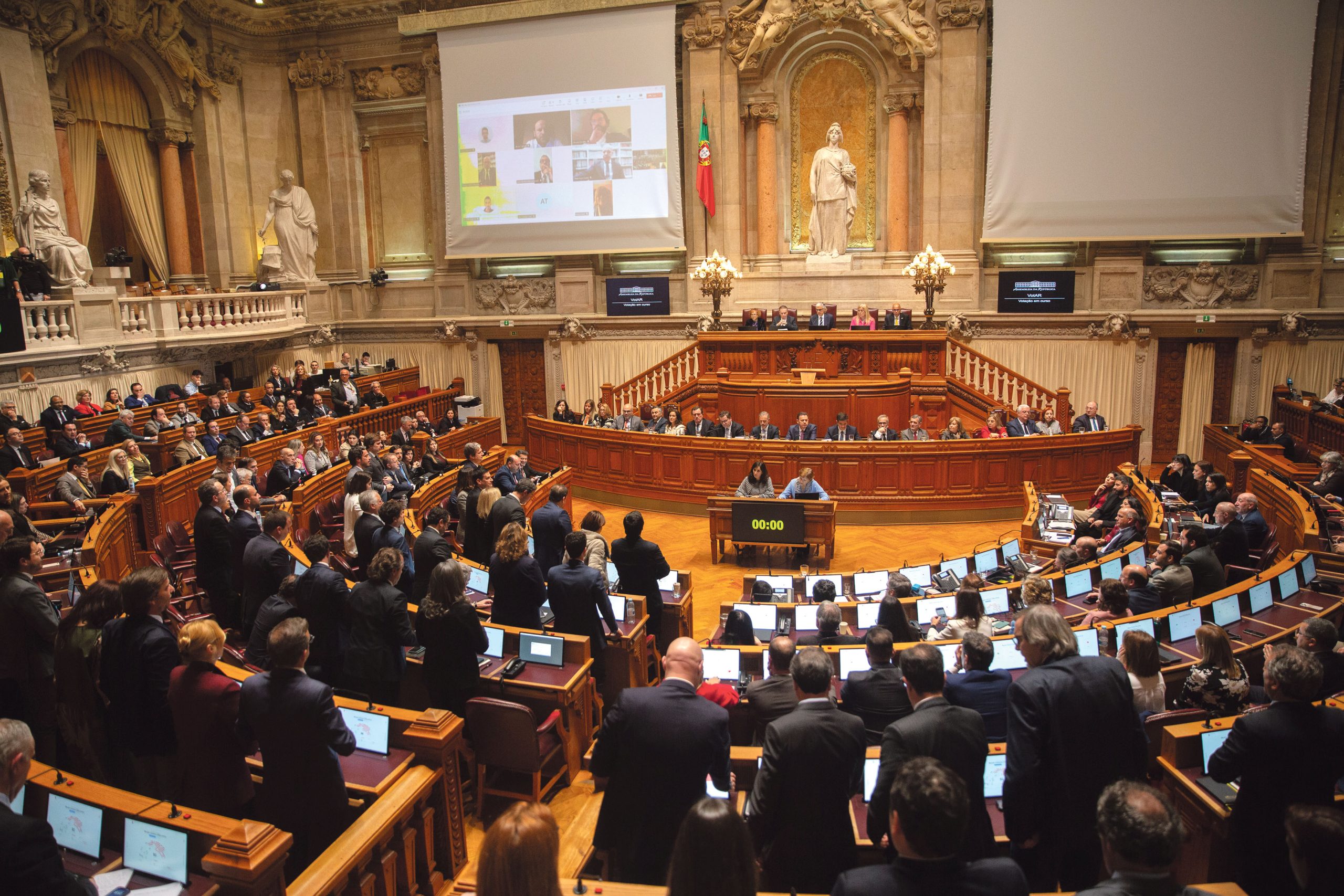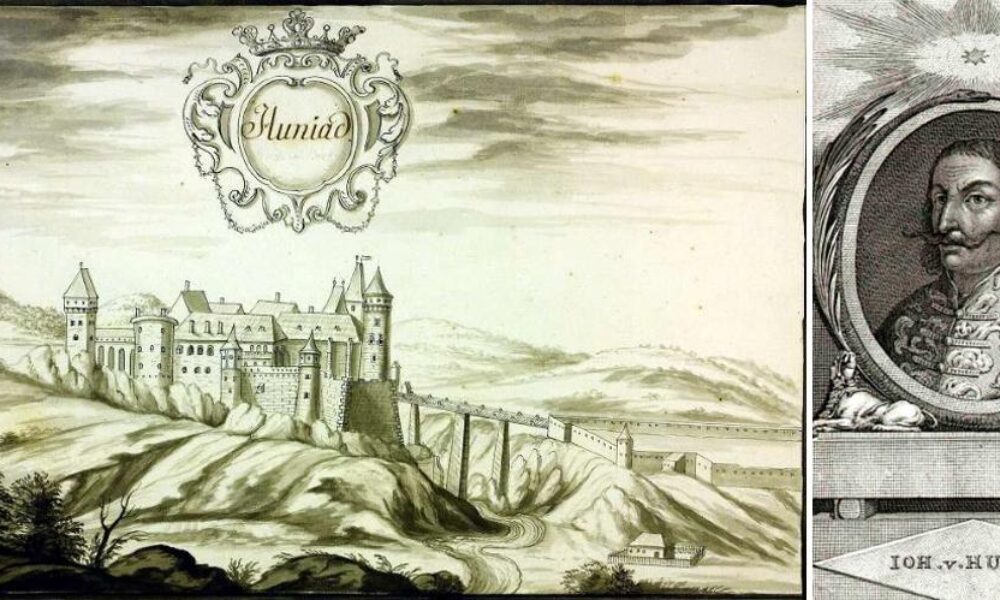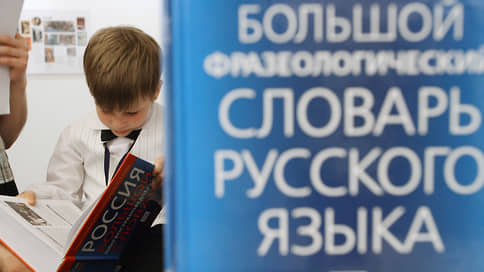The Constitutional cancels Puigdemont’s non -face -to -face vote in the Parliament for being fled | Spain
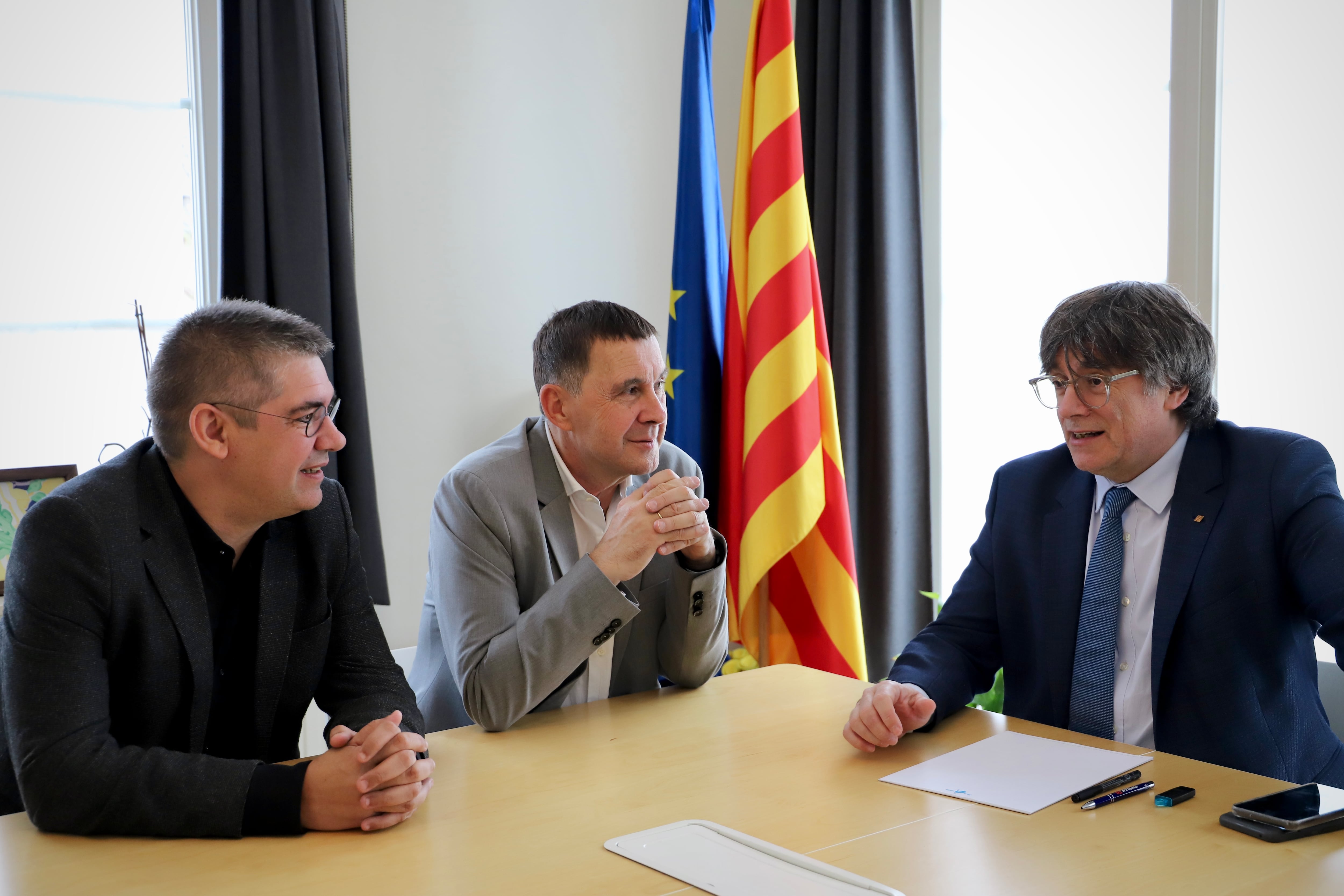
The Constitutional Court has rejected The non -face -to -face vote of the former president of the Generalitat of Catalonia Carles Puigdemont considering that it is inadmissible by those who « voluntarily avoid the action of the Spanish criminal jurisdiction. » The sentence, issued unanimously, admits the appeal filed by the PP against the agreement that took the age table of the Catalan Chamber, when last June the delegated votes of Puigdemont and the exconseller Lluís Puig, in the constitutive session of the Parliament. The decision of the guarantees body will not alter the composition of the Autonomous Assembly nor will it have retroactive effects, for the sake of “legal certainty”.
The resolution – of which the magistrate Ricardo Enriquez, of the Conservative Group of the Court « considers that when the age table allowed the non -face -to -face vote of Puigdemont and Puig violated » the right of the recurring to exercise the representative functions with the requirements indicated by the laws « , specifically in article 23.2 of the Constitution. This precept establishes that citizens « have the right to access public functions and functions. » The ruling also mentions the first section of this article, which regulates the rights of political participation of citizens through their representatives.
The consequence that the contested agreements would assume the violation of these fundamental rights of third parties is the annulment of the law to the non -face -to -face vote of Puigdemont and Puig. The Constitutional mentions that about both « weighs a court order of search and capture. » The Court reason that this is « fully » the situation in which « the deputies whose vote delegation was accepted by the age of age, no matter how much the Parliament did) that the mere adoption by the general courts of an organic law of amnesty implies, by itself (…) the concurrence of an exceptional circumstance (…) that would be applied to the deputies delegate » of his vote. The Court considers that admitting such votes would be equivalent to facilitating the « elusion of the action of justice. » The amnesty law was approved by Parliament on May 30, 2024 to be applied by judges and courts to each specific case related to crimes linked to the Proces. In turn, the constitutive session of the Parliament took place on June 10.
The Constitutional refers to previous sentences that already annulled similar agreements of the Catalan Autonomous Assembly for concrete voting. These precedents include resources from other parliamentary groups, such as that of the PSC, which in this case did not challenge the authorization of the table of the aforementioned non -face -to -face votes in the session for which the Catalan Legislature began, in whose start Josep Rull (Junts) was elected as president of the Chamber. In this regard, the Guarantees Body points out that « the issuance of these votes did not alter the election of the members of the table, or therefore their composition, nor did it affect the proclamation of the president of the Parliament of Catalonia declaing the Chamber constituted. » After these first decisions, Rull’s consultation period with the different parliamentary groups could be opened, with the result of convening the investiture plenary of the President of the Generalitat for the next August 8, in which Salvador Illa (PSC) obtained sufficient support – with 68 votes in favor, supported by ERC and Junts – to access the position. On the same date, Puigdemont gave a brief rally in the vicinity of the Parliament and then returned to Waterloo avoiding police controls.

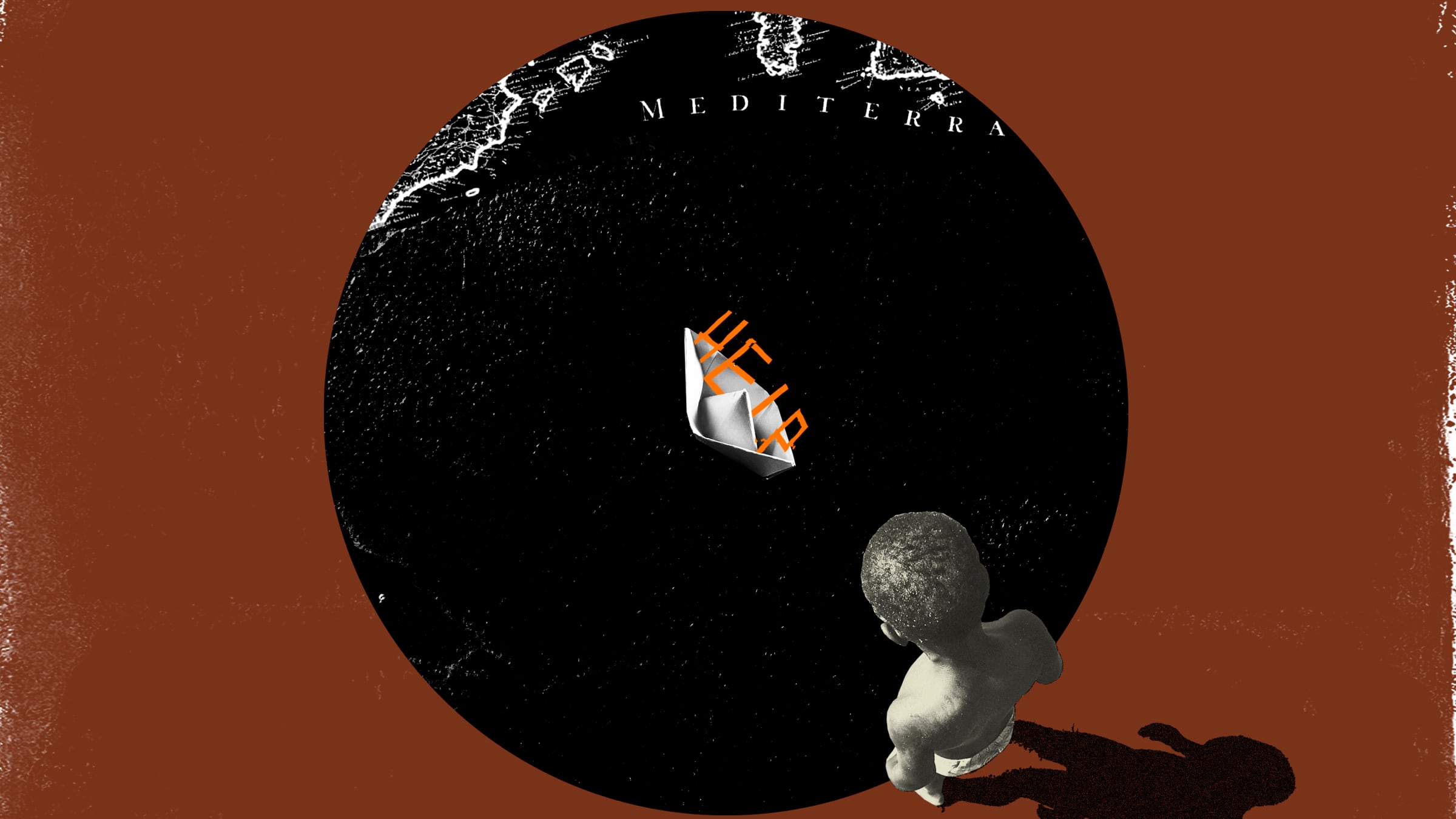
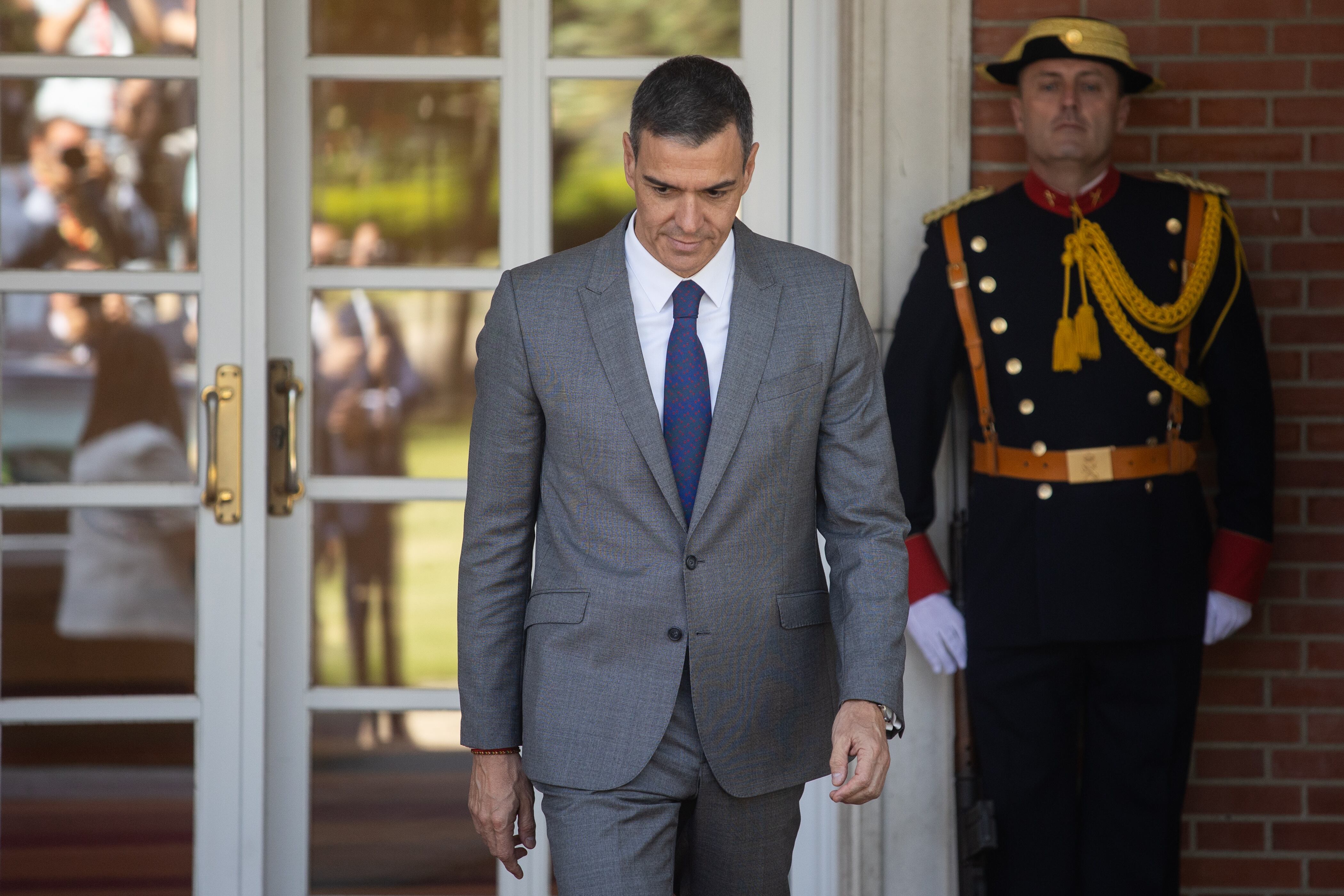
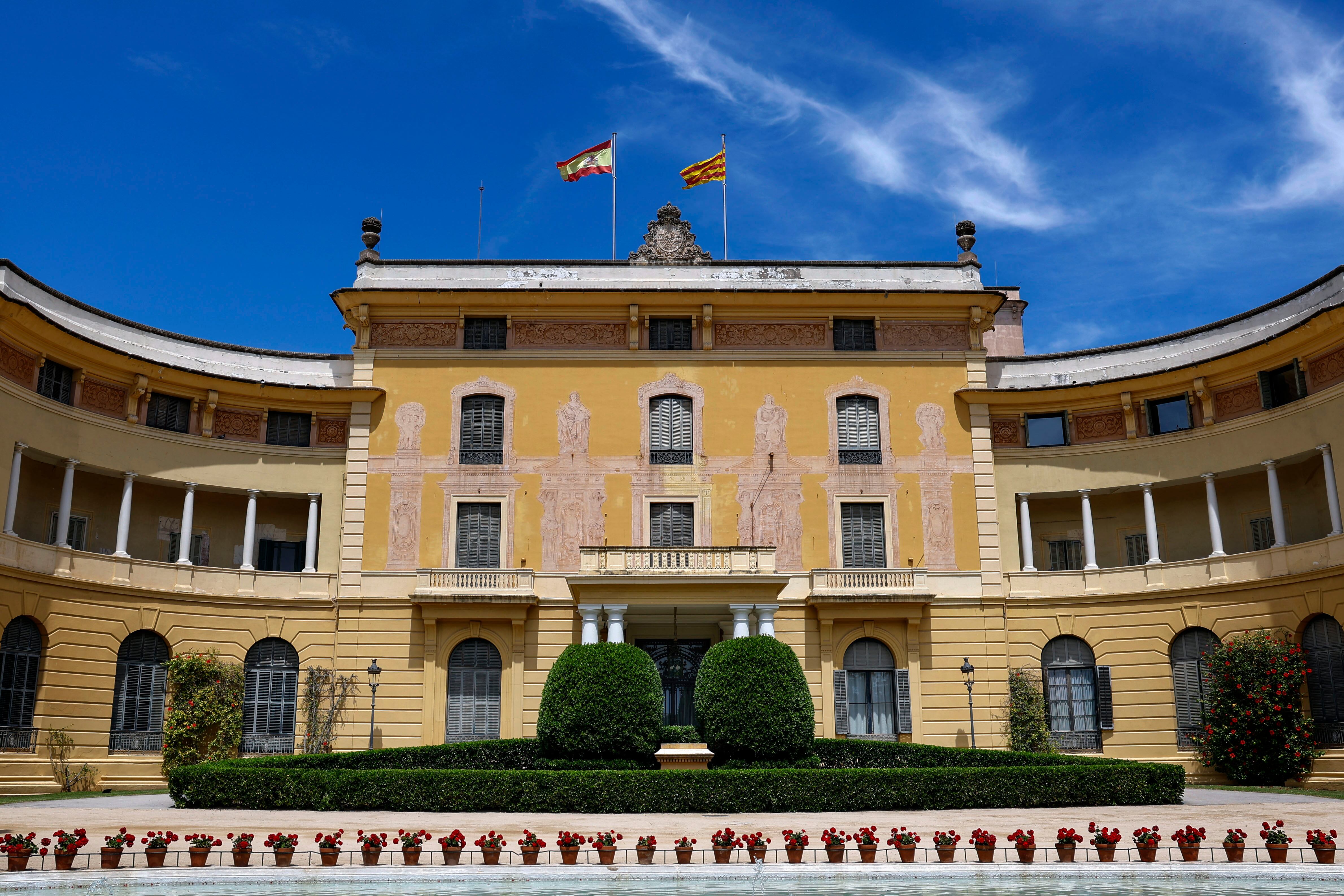
:format(webp)/s3/static.nrc.nl/images/gn4/stripped/data132134012-36b090.jpg)
